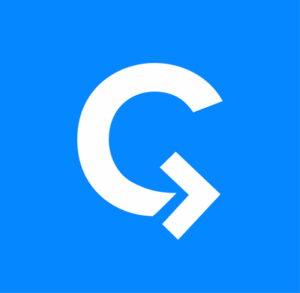WFP Initiates Emergency Airdrops in South Sudan to Combat Hunger Crisis

WFP Initiates Emergency Food Airdrops in South Sudan Amid Escalating Hunger Crisis
Humanitarian Aid Reaches Isolated Communities
The World Food Programme (WFP) has commenced urgent food airdrops in the Upper Nile State of South Sudan, focusing on communities that have been isolated due to ongoing conflict since March. This operation has successfully delivered aid to over 40,000 individuals in Nasir and Ulang counties, marking the first significant humanitarian intervention in these regions in four months.
Intensifying Hunger Crisis in South Sudan
As the hunger situation in South Sudan deteriorates, the protracted conflict has led to widespread displacement and severely limited access for humanitarian efforts. Mary-Ellen McGroarty, the WFP’s Regional Director, emphasized that ongoing violence has exacerbated food insecurity, urging for immediate measures to prevent further decline in conditions.
Alarming Food Insecurity Statistics
WFP’s assessments indicate that close to 1 million residents in Upper Nile are experiencing critical food shortages, with 32,000 individuals classified under IPC Phase 5, the most severe level of food insecurity. The crisis has resulted in thousands being displaced internally, while nearly 50,000 have sought refuge in neighboring Ethiopia.
Aid Distribution Challenges
WFP aims to assist 470,000 individuals across Upper Nile and Jonglei States during the current lean season, which lasts until August. However, the delivery of aid has been hampered by blocked river routes and renewed hostilities. So far, 300,000 people have received support, and 1,500 metric tons of food have been pre-positioned for distribution as soon as access is restored.
Widespread Impact of Food Insecurity
The food crisis is affecting approximately 7.7 million people throughout South Sudan, including 2.3 million children who are at risk of acute malnutrition. Due to funding shortages, WFP has had to reduce food rations, currently reaching only 2.5 million of those in urgent need.
Funding Appeal for Continued Operations
To sustain its operations and enhance access to the most affected areas, WFP has issued a call for an additional $274 million in funding, which is necessary to continue its efforts through the end of 2025.







